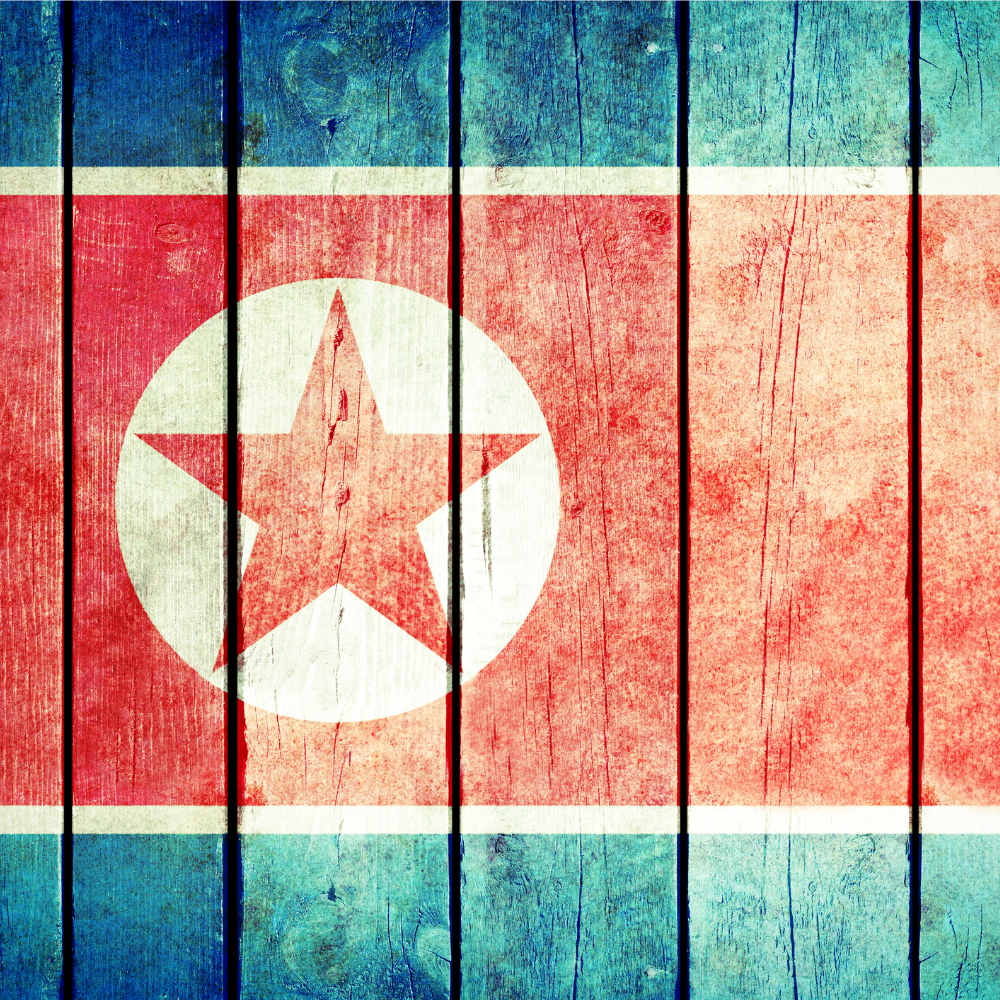
Experts have hinted at North Korea’s ongoing food crisis which is being overlooked in the country's focus on the display of military powers. North Korea’s focus on displaying its artillery power and military has led to serious problems on the social side of things. This is because many countries have restricted any trade with North Korea, through sanctions. Besides this, the ongoing border disputes coupled with the country's disastrous weather conditions have completely disrupted the food industry in the country. According to local media houses, the country's top officials are expected to hold a meeting to change their agriculture policy. The weight of the ongoing food crisis is huge, especially for a country with minimal trade activities and several sanctions. But Pyongyang, the political center in North Korea, is still busy displaying the country's military power.
The recent developments in the country have addressed the food crisis in North Korea. South Korea, the neighboring nation of North Korea, has also addressed its food crisis. The Unification ministry of South Korea has made a special request to the World Food Programme or WFP, asking for assistance during one of the worst food shortages faced by the country. Similar to North Korea, South Korea has also been facing poor weather conditions, which has greatly affected the agricultural industry in the country by lowering the overall crop output. North Korea has always tried to hide its weaknesses, which is also seen during the food crisis. The country has been denying the seriousness of food shortages. But according to the data collected by a South Korean satellite, it was reported in 2022, North Korea produced almost 200,000 tonnes less crop, compared to the 2021 volume.
The World Food Programme, an international organization that services the United Nations, has been forecasting worsening weather conditions such as droughts and floods across many countries, resulting in a severe fall in the volume of crops produced, thus leading to food shortages. It was also reported by the local media in both countries. Ongoing food shortages in North and South Korea have indeed raised the prices of food items, making it harder for the general public to fulfill their essential needs. This has pushed the poor in the country to opt for alternatives that are suitable to their budget, irrelevant of their nutritional value. Rimjin-gang, a Japan-based North Korean magazine, reported that people are opting for corn over rice since rice has become unaffordable for the poor. Because of this, the prices of corn have gone up in the country.
This is not helped by the fact that North Korea ranks at one of the lows in terms of wealth. It is considered one of the poorest countries in the world. This gives a clear idea about the economical state of the country. If people in the country are opting for something like corn, which has far less nutritional value than rice, then one can easily understand the current situation in the country regarding food shortages and elevated prices. But most of these statements are based on blurry observations as North Korea has kept its borders severely locked, not allowing outsiders to enter and report things firsthand. Thus it is impossible to know the exact situation in the country. But one can correlate the food situation of South Korea with North Korea as both countries share similar weather conditions.



